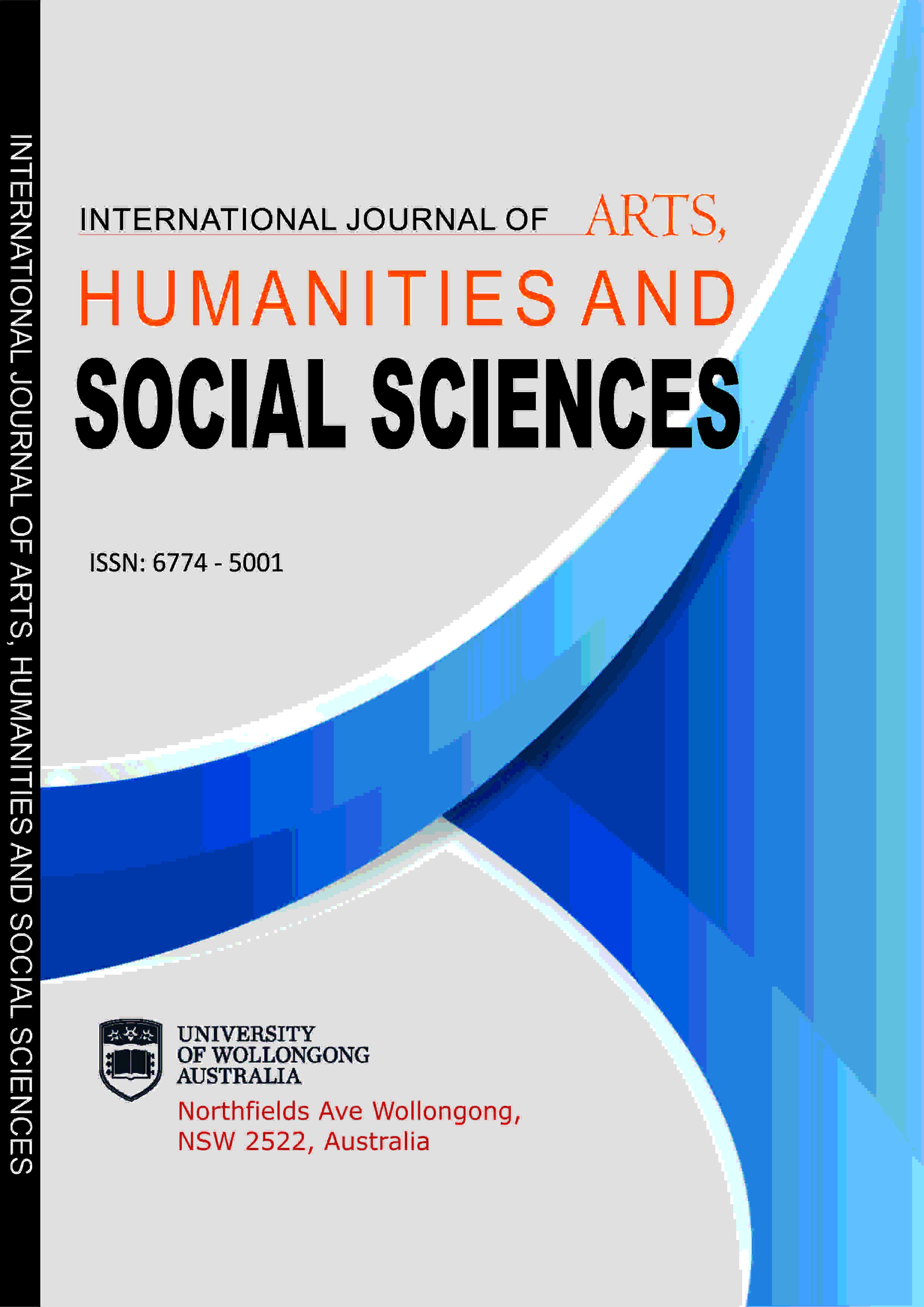INTERNATIONAL JOURNAL OF ARTS, HUMANITIES AND SOCIAL SCIENCES (IJAHSS)
IMPACT OF MODERN TECHNOLOGIES ON CONTEMPORARY COMPOSITION
E-ISSN: 2579-048X
P-ISSN: 6774-5001
DOI: https://iigdpublishers.com/article/805
The rapid development of technology has fundamentally changed contemporary composing techniques. Digital audio workstations (DAWs) and artificial intelligence (AI) give composers hitherto rare abilities for sound manipulation, design, and performance, therefore greatly increasing creative possibilities. Still, the degree to which these technologies affect the creative process is yet insufficiently studied. The paper seeks to close this disparity by looking at how composers include technology in their processes and how it influences their artistic decisions. Using a multiple-method approach, that is, combining empirical data gathered from surveys and interviews with contemporary composers with a literature review, this study examines how digital tools influence compositional processes. Grounded in the framework of technological determinism, it notes the opportunities modern technologies offer as well as their drawbacks. In essence, even if technology presents fresh creative opportunities, its integration must balance with conventional compositional techniques to preserve artistic integrity in the evolving context of music composition.
Giami B. Evangeline PhD & Oputeh Chidi Kingsley
Ben-Tal, O., Harris, M. T., & Sturm, B. L. (2021). How music AI Is useful: engagements with composers, performers, and audiences. Leonardo, 54(5), 510–516.
Browne, A. (2022). The ethics of AI in music composition. Journal of Music Ethics, 12(3), 110-120.
Collins, K. (2022). The impact of technology on music composition: a comprehensive study. Journal of Music Technology, 10(3), 220-233.
Deleuze, G., & Guattari, F. (1980). A thousand plateaus: capitalism and schizophrenia. University of Minnesota.
Eno, B. (1996). A year with swollen appendices. Faber & Faber.
